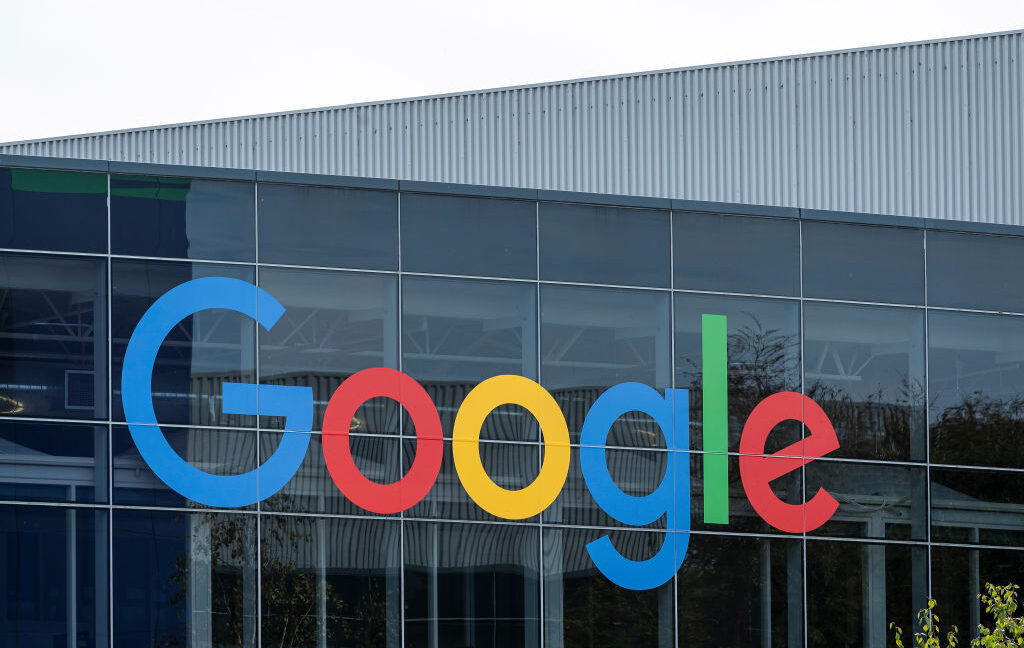DOJ goes for Google’s throat with “staggering” remedies to end search monopoly.

Credit: Bloomberg / Contributor | Bloomberg
Late yesterday, the US Department of Justice filed its proposed final judgment, officially recommending a broad range of remedies to end Google’s search monopoly.
Predictably, Google is not happy with the DOJ’s plan, which requires the company to sell its Chrome browser. It also retains the option of forcing Google to divest Android if competition doesn’t increase from behavioral remedies, including bans on exclusive default deals with other browsers and device makers. Additionally, Google is prohibited from building any new browsers and must fund an education campaign that shows people how to switch search engines and potentially even pays people to switch. Google may also be restricted from using its data scale advantage to benefit its AI products.
In a blog post, Google’s chief legal officer, Kent Walker, railed against the DOJ’s plan, calling it a “radical interventionist agenda.” It allegedly “goes miles beyond” addressing concerns of US District Judge Amit Mehta, who ruled in August that Google had a monopoly in two markets.
It’s hard to say which part of the DOJ’s plan Google hates most. According to Walker, selling off Chrome would “endanger the security and privacy of millions of Americans” and “undermine” the quality of the world’s favorite browser. Restricting default deals allegedly hurts businesses like Mozilla, which relies on Google’s revenue-sharing to enhance products like Firefox, Walker alleged. (Mozilla has previously declined to comment on this often-repeated Google claim.) And threatening Google’s AI business allegedly unfairly blocks Google from playing a “leading role” in “perhaps the most important innovation of our time,” Walker wrote.
Ars Video
How The Callisto Protocol’s Team Designed Its Terrifying, Immersive Audio
Walker also complained about a technical committee that the DOJ wants Google to fund to ensure the company doesn’t circumvent remedies, claiming that the US wants to “mandate government micromanagement.”
But ultimately, his blog furthers talking points that Google mostly failed to argue during the monopoly trial and generally reinforces that Google does not agree with Mehta’s ruling. Even remedies that experts considered benign, like requiring choice screens instead of preloading Google search as the default on Google devices, appeared outrageous to Walker.
“DOJ’s proposal would literally require us to install not one but two separate choice screens before you could access Google Search on a Pixel phone you bought,” Walker wrote. “And the design of those choice screens would have to be approved by the Technical Committee. And that’s just a small part of it. We wish we were making this up.”
Google will have plenty of time to argue against the DOJ’s proposed final judgment in the coming months. The DOJ is scheduled to file its final revisions by March 7, 2025. And as the DOJ noted in its filing yesterday, it may update its plan at any point during discovery in the remedies stage of litigation, which will be followed by Google’s appeal.
Will Trump stop the Chrome sale?
It’s possible that President-elect Donald Trump may intervene to stop the Chrome sale, as he signaled on the campaign trail that there could be “more fair” ways to end Google’s monopoly without breaking up its business.
Lee Hepner, an antitrust attorney monitoring the trial for the American Economic Liberties Project, told Ars that “the Trump Administration will have plenty of time to take the wheel before an anticipated evidentiary hearing in April 2025.” But it’s too soon to predict what actions Trump may take.
While Walker claimed the DOJ’s plan is “wildly overbroad,” Hepner views the DOJ’s filing as reflecting a “measured approach.” He suggested that the DOJ’s delay in deciding to force an Android sale without first trying less extreme remedies “dulls any argument that this is a radical proposal.”
Hepner expects that the DOJ plan may be measured enough that the court may only “be interested in a nip-tuck, not a wholesale revision of what plaintiffs have put forward.”
Kamyl Bazbaz, SVP of public affairs for Google’s more privacy-focused rival DuckDuckGo, released a statement agreeing with Hepner.
“The government has put forward a proposal that would free the search market from Google’s illegal grip and unleash a new era of innovation, investment, and competition,” Bazbaz said. “There’s nothing radical about this proposal: It’s firmly based on the court’s extensive finding of fact and proposes solutions in line with previous antitrust actions.”
Bazbaz accused Google of “cynically” invoking privacy among chief concerns with a forced Chrome sale. That “is rich coming from the Internet’s biggest tracker,” Bazbaz said.
Will Apple finally compete with Google in search?
The remedies the DOJ has proposed could potentially be game-changing, Bazbaz told Ars, not just for existing rivals but also new rivals and startups the court found were previously unable to enter the market while it was under Google’s control.
If the DOJ gets its way, Google could be stuck complying with these proposed remedies for 10 years. But if the company can prove after five years that competition has substantially increased and it controls less than 50 percent of the market, the remedies could be terminated early, the DOJ’s proposed final judgment order said.
That’s likely cold comfort for Google as it prepares to fight the DOJ’s plan to break up its search empire and potentially face major new competitors. The biggest risk to Google’s dominance in AI search could even be its former partner, whom the court found was being paid handsomely to help prop up Google’s search monopoly: Apple.
On X (formerly Twitter), Hepner said that cutting off Google’s $20 billion payments to Apple for default placements in Safari alone could “have a huge effect and may finally kick Apple to enter the market itself.”




